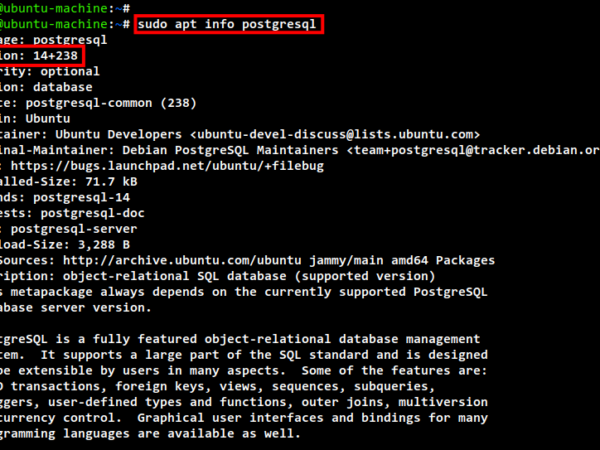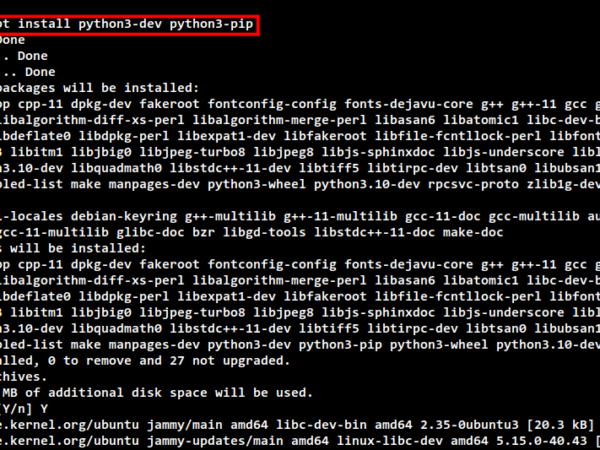Linux is a widely used open-source operating system; it manages the connection between applications/programs and hardware like other Operating Systems. Applications make the requests, and operating systems map those requests to the hardware components. Linux operating systems have hundreds of distributions (distros); a Linux distribution is also an operating system made using Software collections based on Linux Kernel. The well-known distros of Linux OS include Debian, Ubuntu, Linux Mint, Fedora, MX Linux, Deepin, etc. The notable information is that Debian is a Linux-based distribution, and Ubuntu is a distribution based on Debian. Ubuntu and Debian are almost similar, but they have few differences, such as Ubuntu is inclined towards user-friendliness and Debian is more concerned with software freedom. In this piece of writing, we will present the difference between two distros, Ubuntu and Debian, and analyze which Linux distribution is better.
Debian
Debian is an old but very stable Linux distro: the initial version of Debian was released in 1993. In 1993, software engineer Ian Murdock issued an open invitation to various developers to develop a relatively new operating system based on the Linux kernel. This invitation was called the Debian Project; therefore, the development phenomenon of Debian is known as the Debian Project that includes hundreds of developers who contribute towards the development of Debian. Moreover, its features and stability forced the developers to consider it a benchmark for a few other Linux distributions such as Ubuntu, Linux Mint. It is noted that more than 100 distributions of Linux are derived from Debian. It is developed by hundreds of developers that form the Debian project.
Ubuntu
Ubuntu is marked as the most popular Linux distro and was firstly released in the year 2004. Ubuntu is designed for computers, smartphones, and network servers, and it is used globally, such as in offices, homes, programming, IoT devices, TV OS, etc. It releases twice (April and October) a year with a gap of 6months. The exciting thing about Ubuntu is that it is based on the Debian distro of Linux: this relationship between Ubuntu and Debian makes them similar in many features and functionality.
Difference between Debian and Ubuntu
As Ubuntu is derived from Debian, they have many similar features: however, some notable differences need to be considered. We have listed few differences between both distros and are given below:
Release Versions of Ubuntu and Debian
Both distros of Linux have different release mechanisms: for instance, Debian comes with three release categories: stable, unstable, and testing. While Ubuntu comes with two release types, regular and long-term support. The stable version of Debian is used mainly: Contrary to Debian, Ubuntu’s regular release is preferred for Desktop usage, and the long-term support version suits better for servers.
Installation of Ubuntu and Debian
Debian and Ubuntu both provide GUI support for their installation. However, the installation mechanism of both distros is different. Debian provides a detailed configuration setting that you can set by yourself: although this is very good, a new user may not understand the terms. On the contrary, Ubuntu installation is quite simple, and a new user can quickly understand the installation process.
Stakeholders of Ubuntu and Debian
The stakeholder term here represents the people that decide to set new goals or which features they want to add. Debian has a group of developers around the globe that set the plan for the year: these volunteers are guided by Debian’s project leader. While Ubuntu works under the shed of Canonical, Canonical is a UK-based software company that develops and maintains Ubuntu.
Software Updates of Ubuntu and Debian
Ubuntu supersedes Debian in software updates. Ubuntu updates frequently hit the market, and you can get the best experience by using the latest version. On the other hand, Debian updates take a long time; that makes it not attractive for users. However, the version you are using on Debian may be more stable (but not the latest one) than Ubuntu.
Ubuntu Server or Debian Server
There is a tiny difference regarding the server mode of Debian and Ubuntu. Debian is favorable for server mode because it provides a stable and secure release. On the contrary, Ubuntu continuously updates its packages and releases, making it less safe and stable, thus choosing Debian Server over Ubuntu Server.
Which is better, Debian or Ubuntu
Ubuntu and Debian have some commonalities and differences: it is hard to choose one of them. Users must look at their requirements and interests to choose one of them. Ubuntu is recommended for new users because of its easy installation configuration, desktop interface, and frequent updates. On the other hand, Debian is old-fashioned, and it has complex installation configurations, which is a hurdle for new users. However, the late update factor makes Debian more stable and secure than Ubuntu. So, if you want a more stable version, then go for Debian and if you want a frequent update facility, then opt for Ubuntu.
Conclusion
Linux has attained the height of popularity and derived a huge amount of its distributions. However, all the Linux distros have a few advantages and disadvantages to the specific community. Linux OS is further extended to hundreds of distributions that have almost the same functionalities as Linux. Among them, Debian and Ubuntu hit the top list of Linux distros. There are more than 130 Debian-based distros available, and more than 50 distros are Ubuntu-based. In this article, we have considered the two most popular distros: Ubuntu and Debian. Their detailed differences are enlightening to guide users on which distro is better for them.



